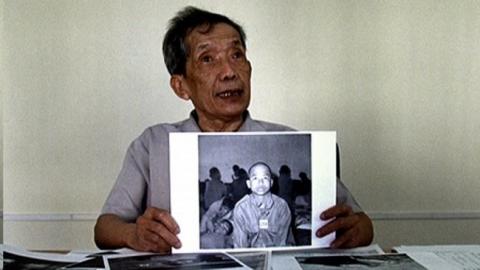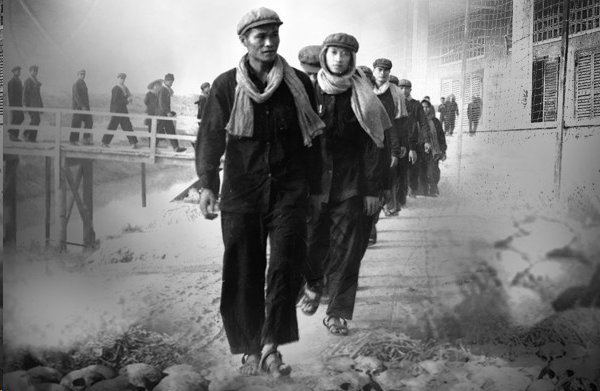‘Duch’: An In-Depth Look at the Atrocities of the Khmer Rouge

Duch: Master of the Forges of Hell
3 ½ Stars
Catherine Dussart Productions (CDP)
In the late 1960s, a radical Communist party known as the Khmer Rouge ascended to power within the leadership of Cambodia (then known as Democratic Kampuchea). Through the 1970s, a dark tide of blood and memory washed over their nation and has stained every generation that followed. While the name most associated with this massacre is Pol Pot, the truth is that many collaborated to exterminate the population. One such man, Kaing Guek Eav (known as Duch), was a central force behind the Khmer Rouge prisons M13 and S21, where thousands of Cambodian citizens lost their lives to a government gone mad. This film is a looking glass into the mind of Duch. As he recounts the propaganda and the cruel lessons he bestowed upon his cadres of interrogators, we discover the all-to-common seeds of genocide: a stark and selfish philosophy, blind loyalty, and the use of an uneducated populace as a killing instrument.
Throughout this documentary, the interviews with Duch reveal the horror and complacence of a man who wanted so badly to appear loyal to his commander that he did nothing to punish an officer who tortured his own school teacher by mutilating her genitals. It is but one example of his mantra that “you never know how sharp the sword is until you use it”. He readily admits being eager in those days to spread his political party’s “education” of interrogation and killing, and even laughs out loud when recalling the days when he was a fountain of the party’s rhetoric. The director, Rithy Panh, carefully intercuts historical footage of forced labor and countless photos of executed prisons who act as a silent reminder of the millions of lives lost.

Through an hour and half of witness testimonials and Duch’s recollections, the viewer may begin to see a plain truth: that a truly corrupted mind is not always visible upon first glance. Duch went from a lowly Chinese-Cambodian who wanted to serve his country into a twisted tool of destructive social engineering -- a transformation even he doesn’t seem to fully comprehend. He freely admits that he cannot bring himself to believe some of the terrors perpetrated by his organization lest it force him to confront his own lies. Yet when he recalls turning a high school into a torture chamber, one gets the sense that old age has turned his grotesque excitement into merely a cold, philosophical viewpoint. There is still no evident compassion for the victims of his deeds, merely empty excuses: “I was just following orders.”
Despite the dryness of the presentation, the film conveys its points effectively - like a frightening version of “60 Minutes”. In perhaps its penultimate moment, when Duch describes the tradition of the Khmer Rouge, the absolutism of their killing is made clear. He says that they didn’t just kill, they eradicated many people and left no trace. He calls the term, kamtech. It means to destroy the name, the body, the very image of the person so that no evidence remains that they were ever on the Earth. And then, after all is said and done, he says that he prefers Christianity to Buddhism because the former promises salvation if forgiveness is asked - no matter what deeds are done in this life. Buddhism, he says, requires payment with karma – an idea that clearly does not give him comfort.
Author Bio:
Snapper Ploen is a contributing writer at Highbrow Magazine.




























































































































































































































































































































